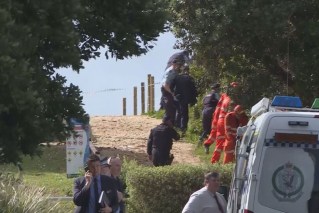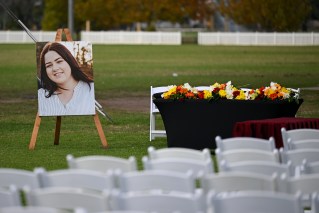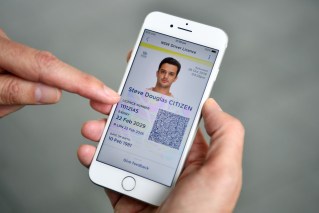Exercise helps brains
Exercise is good for you.
Exercise and using your brain is even better, though.
And it is not only the experts saying it.
A veterans table tennis team in Sydney believe tri-weekly matches not only keep their bodies young but their brains as well.
Paul Pinkewich said former team member Dorothy De Low, who died two months ago after paddling into her 11th decade, was the perfect example.
“She was so sharp,” he said. “She won the world championship for over 80s in 1992 and was playing three times a week until age 103.”
The Brain Foundation says strategy-based exercise can improve memory and mood and fight progressive brain diseases such as Alzheimer’s and Parkinson’s.
Mr Pinkewich said Ms De Low maintained a sharp mind right until her death.
“By playing an activity, it must improve something as all these people are as active as hell,” he said.
Mr Pinkewich and fellow veterans shaped up against Sydneysiders in the city centre on Tuesday for a game of table tennis to promote brain-boosting exercise as part of Brain Awareness Week.
University of Sydney researcher Dr Haydn Allbutt said goal-oriented sport was good for the brain but contact sport was a different story.
“There has been some evidence with physical sports that jolt your brain a lot are really bad for you,” he said.
“That is why the rough sports … can result in some of those brain disorders.”
Todd Sampson, who starred in a documentary titled Redesign My Brain on the ABC, said 20 minutes of brisk walking was good for the brain.
“It is even better if you can do a physical activity that involves strategy.
“Then you are forced to move and think at the same time, which is really good training.”








